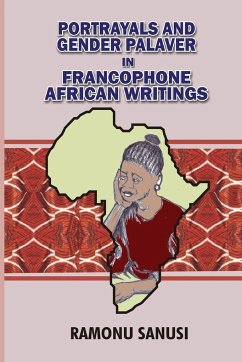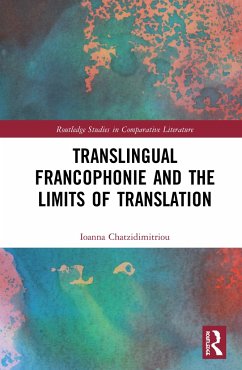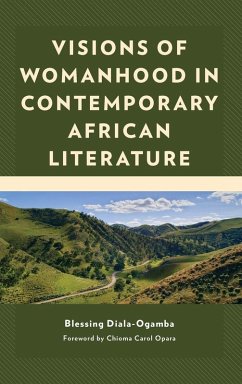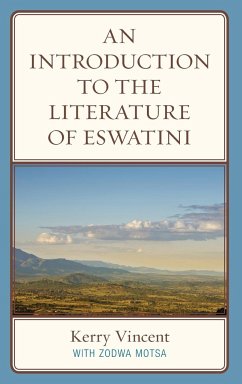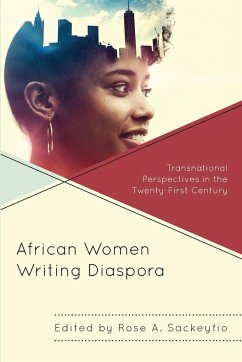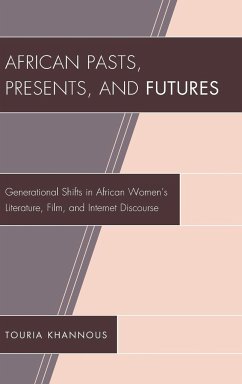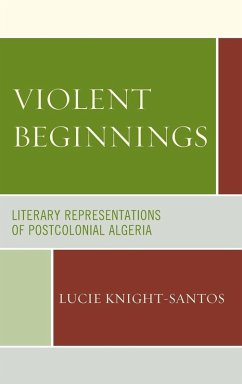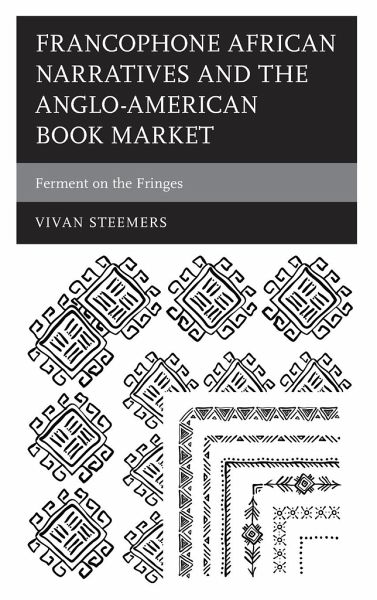
Francophone African Narratives and the Anglo-American Book Market
Ferment on the Fringes
Versandkostenfrei!
Versandfertig in 1-2 Wochen
109,99 €
inkl. MwSt.
Weitere Ausgaben:

PAYBACK Punkte
55 °P sammeln!
In recent years, the material circumstances governing the production of African literature have been analyzed from a variety of angles. This study goes one step further by charting the trajectories of a corpus of francophone African (sub-Saharan) narratives subsequently translated into English. It examines the role of various institutional agents and agencies—publishers, preface writers, critics, translators, and literary award committees—involved in the value-making process that accrues visibility to these texts that eventually reach the Anglo-American book market. The author evinces that...
In recent years, the material circumstances governing the production of African literature have been analyzed from a variety of angles. This study goes one step further by charting the trajectories of a corpus of francophone African (sub-Saharan) narratives subsequently translated into English. It examines the role of various institutional agents and agencies—publishers, preface writers, critics, translators, and literary award committees—involved in the value-making process that accrues visibility to these texts that eventually reach the Anglo-American book market. The author evinces that over time different types of publishers dominated, both within the original publishing space as in the foreign literary field, contingent on their specific mission—be it commercial, ideological or educational—as well as on socioeconomic and political circumstances. The study addresses the influence of the editorial paratextual framing—pandering to specific Western readerships—the potential interventionist function of the translator, and the consecrating mechanisms of literary and translation awards affecting both gender and minority representation. Drawing on the work by key sociologists and translation theorists, the author uses an innovative interdisciplinary methodology to analyze the corpus narratives.





